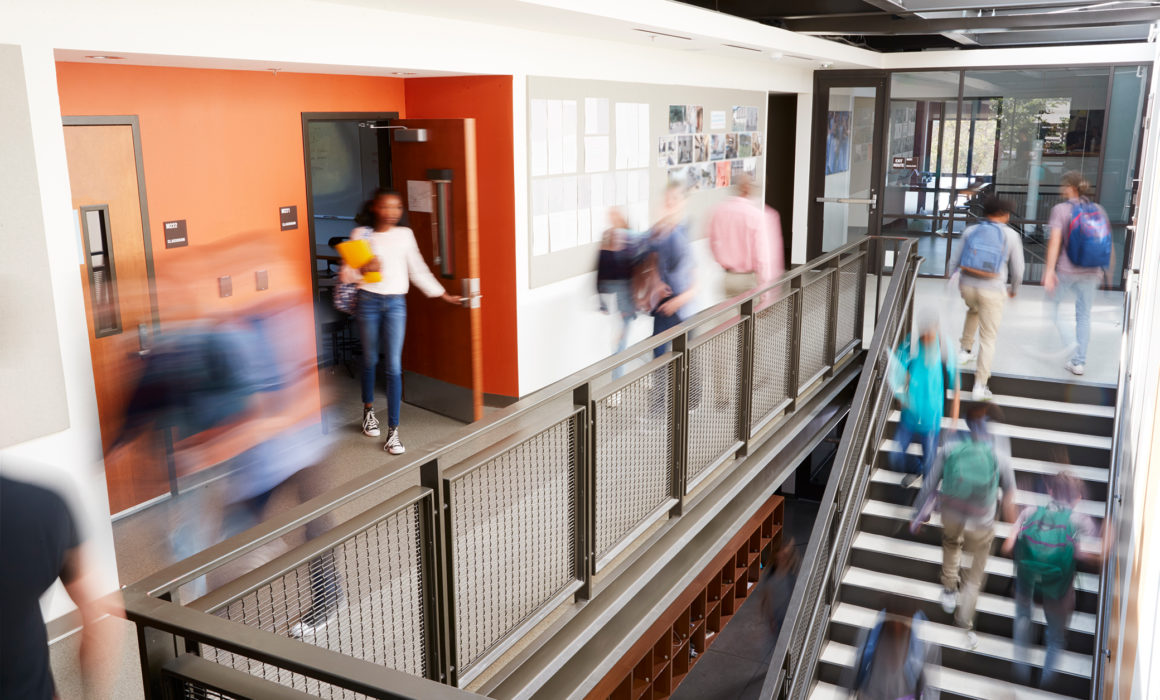Newest Team Launch: The Work-Based Learning Network
Despite all the providers knowing each other, internship programs still operate in silos with their own sets of career competencies, and employers still feel students are not as prepared for internships as they ought to be. That’s why the ALL IN! Coalition recently launched a work-based learning network that’s asking all providers to agree on one set of career competency standards. Here’s an update.
A work-based learning environment links workplace tasks to academic and non-academic skill-building in the hopes of moving students up the ladder of college and career readiness. Internship experiences bridge the divide between classroom learning and its application in the workplace, while also cultivating soft skills and post-secondary aspirations. For the employers that take on high school students during the summer or school year, the benefits are stronger connections to a pipeline of future skilled workers, deeper employee engagement, and ideally valuable interns.
But creating rich environments for work-based learning experiences that benefit the student and employer is easier said than done. Employers often cite concerns about their commitment to high quality and efficiency competing with their capacity to develop a raw and inexperienced young person, while high schools note that there is not enough time in the day to better prepare students.
Addressing this problem is the focus for the new All IN! Work-Based Learning Network that is bringing together a group of private sector leaders to agree on one set of standards to govern all internship programs for in-school youth in the city. The first major goal is to produce a toolkit that internship providers and employers can utilize. Once quality is being addressed, the goal will be connecting more young people with high quality work experiences.
Capital Workforce Partners is convening the network that right now consists of nonprofit providers and a handful of employers and that will soon begin working with another ALL IN! team setting up an advisory period during one high school’s day that can focus on career competencies directly.
The silo-breaking on this key issue of work-based learning program quality has begun, and if you are not part of it but would like to be, please reach out to the ALL IN! Coalition via info@achievehartford.org. More updates to come.



